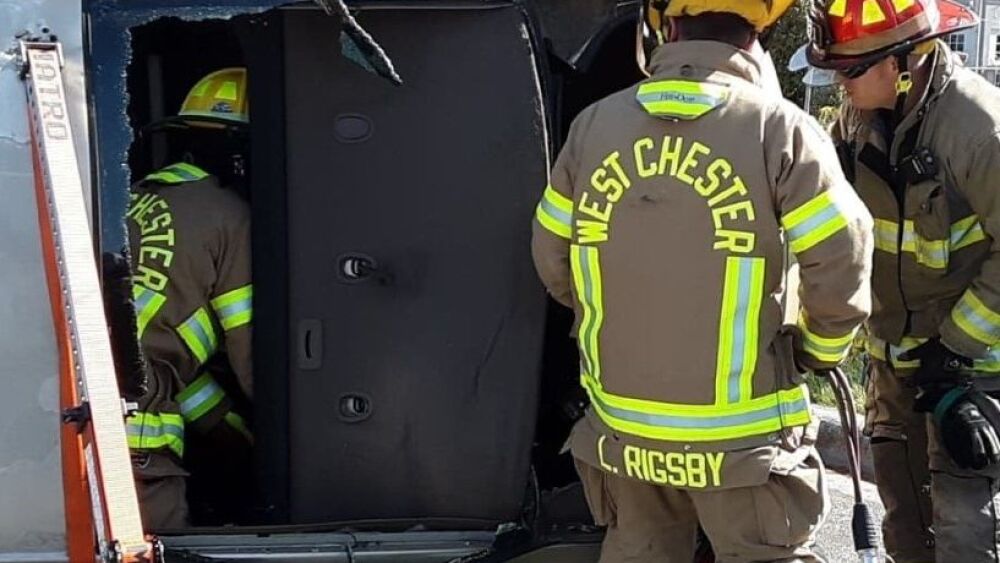By Todd Jennings
In the past two articles – Firefighter jobs: What new firefighters need to know and Firefighter jobs: Teaching firefighting basics to new hires – we have talked about the role of the firefighter and the driver of an engine company. But we have left off the boss – the officer.
Let’s examine the roles and responsibilities of the officer.
-
The boss. As an officer on the engine, you become a boss. This is a difficult thing for a lot of people to achieve.
It is not as easy to make the change from firefighter or driver to officer as it may appear. You have to be able to distinguish the difference from friendship to supervisor.
This change can be difficult but must happen. Just because you have to discipline one of your crewmembers does not mean that you cannot remain friends. We must understand that this is work and work only.
Another problem that you may face as an officer is that you must be fair across the board. Just because you like one of your members or you have a friendship outside of work does not mean that you must treat them differently. As said above, this is work.
Another must for an officer is to be organized. There is nothing worse than an officer that does not know what is going on or where things are when they are needed. You are now playing the role of the administrative position, so act like it.
-
Communication skills. One of the most important things in the fire service is communications – and not just on the fireground. Even though on the fireground you must be able to talk on a radio, this is not the only type of communication that you as an officer will need.
As the officer on the truck, you must communicate with your members. This needs to happen in several ways. You must tell them all of what is going on. If there is something that the crew is asking about that you don’t know the answer to, find the answer. Don’t just let them ask and you not answer.
Another important communication skill is letting your crew know what you expect of them. How can a firefighter perform the job if they don’t know what you want them to do? Each person under you should know what you expect them to do on every call. If they don’t, then this is your fault.
As the fire officer, you must also have good communication skills on the fireground. This is not a place for you to have a short temper or get angry because one of your firefighters does not do as you thought they should. You must make sure that you tell them exactly what you want and then make sure they understand what is to be done.
-
Fireground knowledge. This is a must. An officer that does not have the skills to operate on the scene is valueless. This will cause problems from start to finish.
There is nothing worse from a firefighter’s point of view than being told something from an officer that you know is not safe or the right call. This will cause the officer to lose all respect from the crew.
This knowledge is not just on fire scenes. The officer must have knowledge of all runs that are made. This includes EMS, hazmat, rescue,and extrication, just to name a few.
As a fire officer, you must have the skills and ability to achieve many different tasks on the scene. Also, the officer must know that if they are lacking skills in a certain area, who on the crew is strong and utilize that resource.
Just because you are the officer does not mean that you have to do it all. We are a team, we must act like it.
Commit to the job
We have talked about the roles of firefighter, driver and officer on an engine or truck. This is not everything that you must know to perform each of these positions. This is just a few of the important points.
But if you commit to the will and drive to do your job to the fullest of your ability, then there should be no problem in each position that you may encounter.
Just a reminder to all: Stay safe and keep each other safe.
About the Author
Todd Jennings is a captain and the training coordinator for the Taylors Fire Department in South Carolina.
This article, originally published in 2011, has been updated.












